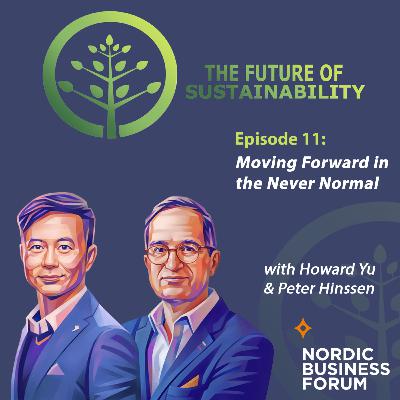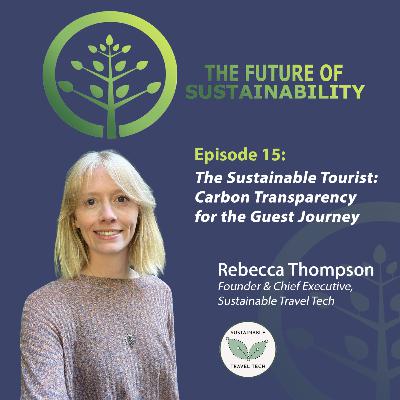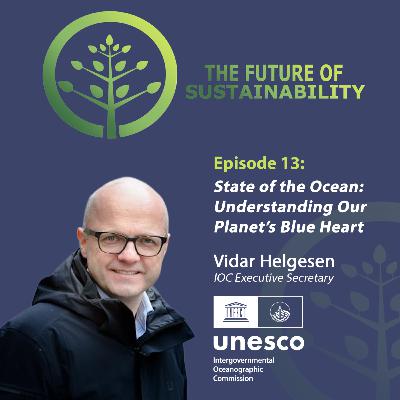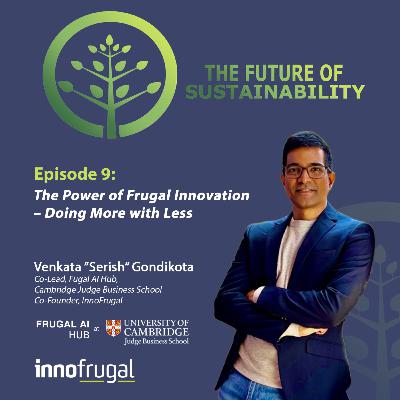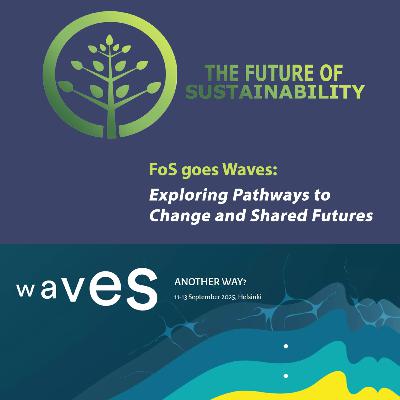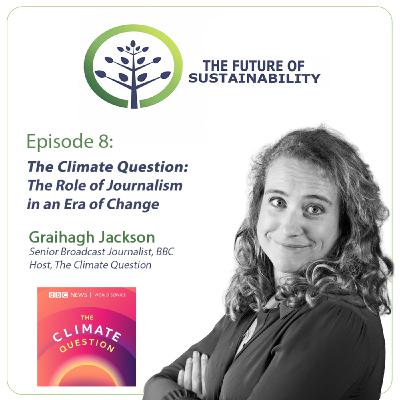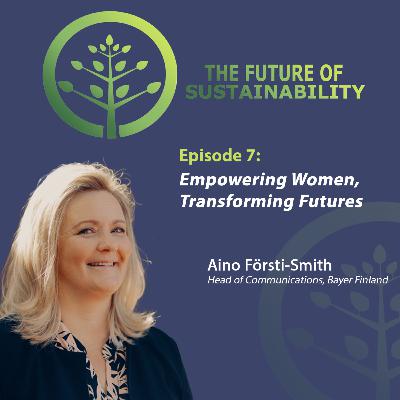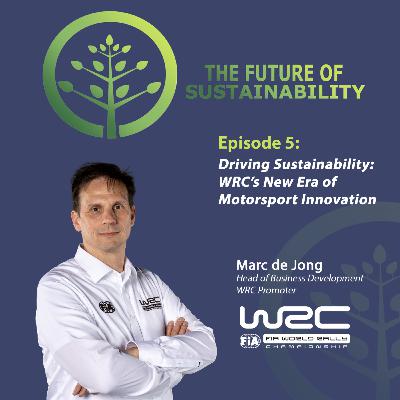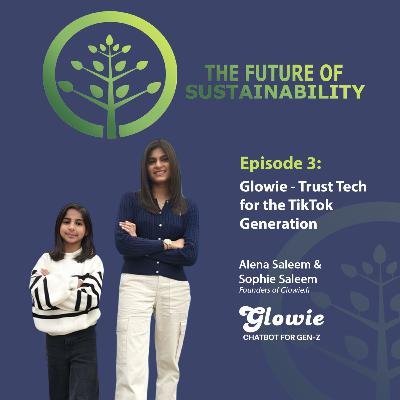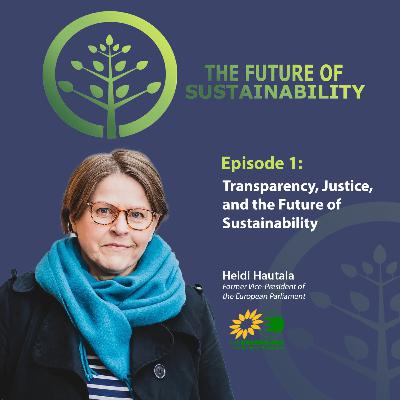#11 - Moving Forward in the Never Normal
Description
What does it mean to move forward in a world where disruption has become the baseline? At the Nordic Business Forum 2025 in Helsinki, the Future of Sustainability podcast explored this question with keynote speakers, contributors, and participants from across the event.
Howard Yu, LEGO Professor of Management and Innovation at IMD, explained why the most future-ready companies reject the trade-off between short-term performance and long-term transformation. “The best companies do not balance. They excel at both,” he argued. Yu pointed to industries like automotive, where software capabilities are now indispensable both for competing today and for preparing for tomorrow’s mobility. His message to leaders: identify the few capabilities that strengthen both horizons and pursue them with discipline. “Budget is not a plan,” Yu emphasized. “Strategy is about making trade-offs and scaling what matters.”
Peter Hinssen, entrepreneur and author, added a mindset perspective. He described today’s reality as the never normal, a state of continuous disruption where stability no longer applies. “In the never normal, resilience is not about bouncing back. It is about bouncing forward,” he told the audience. Using Microsoft’s reinvention under Satya Nadella as an example, Hinssen illustrated how companies can transform by letting go of what he calls “yesterwork,” the routines and processes that once delivered results but now hold organizations back. “Yesterwork is the silent killer of organizations,” he warned. For Hinssen, leadership today is about cultivating curiosity, creating reversible “two-way door” decisions, and building organizations designed to learn at scale.
On the HS Visio Live Studio stage, Riina Bhatia, Research Scientist at VTT, broadened the lens to society as a whole. She reminded the audience that seven of nine planetary boundaries have already been transgressed. Moving forward, she argued, requires redefining growth itself. “Economic success cannot simply mean ‘more,’” Bhatia noted. Instead, harmful sectors must shrink while those that contribute to well-being expand. Metrics beyond GDP—covering health, education, and resource efficiency—are mature enough to be adopted, she emphasized.
Voices from the forum floor reinforced these themes with practical perspectives. Atte Jääskeläinen, President of Finnish Innovation Fund SITRA, stressed that progress begins with honesty about where we are now. Without this, ambition risks being built on illusion. Juha Mattsson, CEO of Futures Platform, highlighted the importance of agency: foresight and signal detection only matter when leaders act on them before certainty arrives.
From the next generation, Sara Makkonen, Commercialization Associate at Aircohol, called for courage and openness. She urged decision-makers to give new technologies the space to succeed, even if that means allowing for failure along the way. And from the aviation sector, Finnair’s Senior Sustainability Manager, Tarja Koski, reminded listeners that transformation in hard-to-abate industries will require incremental steps and broad collaboration rather than quick fixes.
Taken together, these voices sketch a clear picture of what moving forward means in 2025. It is not about restoring stability or accelerating blindly into the future. It is about clarity of priorities, courage to dismantle what no longer serves, and discipline to invest in what matters most. Leaders must perform and transform at the same time, bounce forward instead of back, and redefine success to align with both human well-being and planetary limits.
Moving forward is not a slogan. It is the discipline of leadership in the never normal.
Hosted on Acast. See acast.com/privacy for more information.

